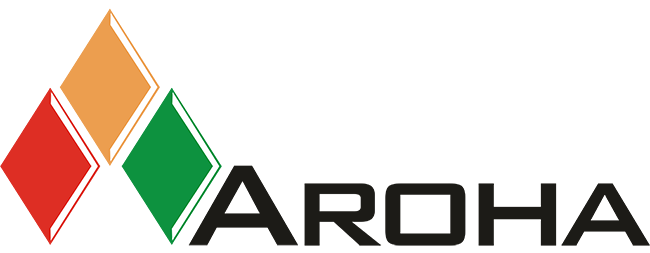Industries
-
Healthcare & Life SciencesHealthcare & Life Sciences
-
Software and Technology CompaniesSoftware and Technology Companies
-
Supply Chain and LogisticsSupply Chain and Logistics
-
Auto Ancillary IndustriesAuto Ancillary Industries
-
Media and AdvertisingMedia and Advertising
-
Travel and HospitalityTravel and Hospitality
Travel and Hospitality
Data analytics has become a game-changer in the travel and hospitality industry, helping businesses stay competitive, enhance guest experiences, and optimize operations. Let’s dive into some key use cases and benefits:
Personalized Guest Experience:
By collecting and analyzing data on guest preferences and behaviors, hotels and restaurants can create highly personalized experiences. Imagine arriving at a hotel, and they already know your preferred room type, pillow firmness, and favorite breakfast options. That’s the power of data analytics! It enables businesses to tailor services, recommend local events, and suggest culinary choices based on past preferences, fostering stronger guest relationships and brand loyalty1.
Optimized Pricing:
Dynamic pricing models, driven by data analytics, allow hotels and airlines to adjust prices based on demand, seasonality, and other factors. This ensures that pricing remains competitive while maximizing revenue. For example, airlines use predictive models to optimize seat pricing dynamically, responding to real-time demand fluctuations.
Improved Marketing Efforts:
Data analytics helps identify target audiences, track marketing campaign effectiveness, and personalize marketing messages. Hotels can analyze customer segments, understand which channels drive bookings, and fine-tune their marketing strategies accordingly.
Operational Efficiency:
From managing housekeeping schedules to optimizing supply chain logistics, data analytics streamlines operations. Predictive maintenance models can prevent equipment breakdowns, reducing downtime and enhancing overall efficiency.
Forecasting and Strategic Planning:
Accurate demand forecasting is critical for resource allocation. Hotels use historical data to predict occupancy rates, seasonal trends, and peak booking periods. This informs staffing decisions, inventory management, and expansion plans.
Enhanced Food and Beverage Sales:
Restaurants analyze customer preferences, menu item popularity, and dining patterns. Insights from data help chefs create appealing dishes, optimize inventory, and design promotions that resonate with guests.
Reputation Management:
Online reviews and social media play a significant role in the hospitality industry. Data analytics tools monitor sentiment, identify trends, and allow businesses to respond promptly to guest feedback.
Competitor Analysis:
Understanding what competitors offer and how they perform is crucial. Data analytics provides insights into market positioning, pricing strategies, and service quality relative to competitors.
Risk Management:
Whether it’s assessing safety risks or predicting cancellations due to external factors (like weather or geopolitical events), data analytics helps mitigate risks and plan contingencies.
Sustainability Initiatives:
Many travelers now prioritize eco-friendly options. Data analytics helps hotels track energy consumption, waste management, and water usage, supporting sustainability efforts.
Remember, data analytics isn’t just about collecting data—it’s about turning that data into actionable insights. Whether you’re a hotel chain, a travel agency, or an airline, leveraging data effectively can significantly impact your success in this dynamic industry!
Testimonials
Aroha offers consulting and staff augmentation services to streamline IT strategy creation, information systems, system integrations.

Where Tradition Meets Tomorrow
Steer through the ever-changing landscape with our industry expertise. Our tailored solutions help you move forward, overcoming business challenges and achieving your goals.
